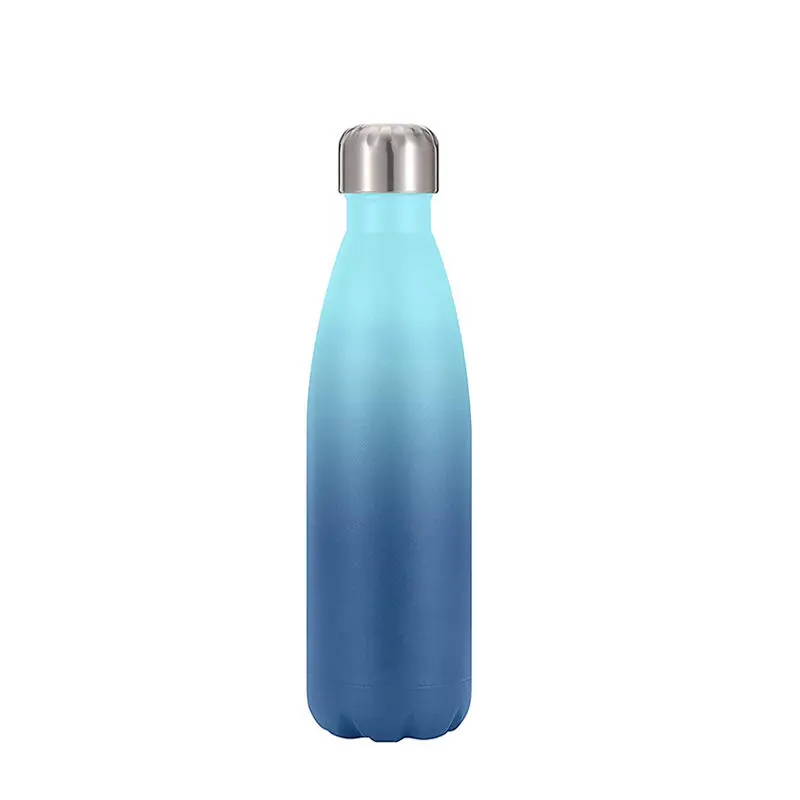re plastic water bottles safe
In today’s fast-paced world, plastic water bottles have become an integral part of our daily lives. They provide convenience and hydration on the go. However, concerns about its safety have sparked fierce debate. Are plastic water bottles really safe for our health and the environment? In this blog, we will delve into this topic and shed light on the impact of plastic water bottles.
Safety of plastic water bottles:
Plastic water bottles are made from a variety of materials, the most common being polyethylene terephthalate (PET). PET is a strong and lightweight plastic considered safe for packaging beverages, including water. It has been approved for one-time use by regulatory agencies such as the US Food and Drug Administration (FDA).
One of the main problems associated with plastic water bottles is that harmful chemicals can seep into them. Some plastics, especially those made from bisphenol A (BPA), have been found to release toxins under certain conditions. However, most modern plastic water bottles are BPA-free, ensuring they don’t pose major health risks.
Impact on the environment:
While plastic water bottles may be safe for humans, their environmental impact is a growing concern. The production and disposal of plastic bottles pollute and threaten ecosystems worldwide. It is estimated that more than 8 million tons of plastic waste enters the ocean every year, causing harm to marine life and the environment.
Plus, plastic bottles take hundreds of years to decompose, overflowing landfills and contributing to greenhouse gas emissions. To combat this problem, many individuals and organizations have turned to reusable and sustainable alternatives, such as stainless steel or glass water bottles.
Health Benefits of Reusable Alternatives:
By choosing reusable water bottles, we not only reduce our ecological footprint, but also have a positive impact on our health. The stainless steel and carafe are non-reactive and won’t leach harmful chemicals into the water. This makes them a safer choice for long-term use.
Additionally, reusable water bottles promote hydration and are often designed with insulation to keep drinks hot or cold for longer periods of time. This feature, along with their durability, make them an excellent investment.
in conclusion:
The debate over the safety of plastic water bottles is multifaceted, with sound arguments on both sides. While plastic water bottles made from PET are generally safe for single use, the environmental impact can’t be ignored. Choosing reusable alternatives can help minimize contamination and ensure long-term health benefits.
Making an informed decision about the type of water bottle we use is critical. Prioritizing sustainability and our own well-being should guide our choices. By switching to reusable options and encouraging others to do the same, together we can reduce plastic waste and protect our health and the environment for future generations. Remember, every small step contributes to a greener, healthier future!
